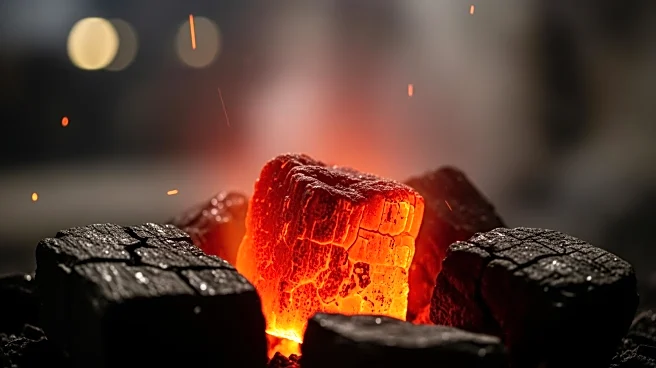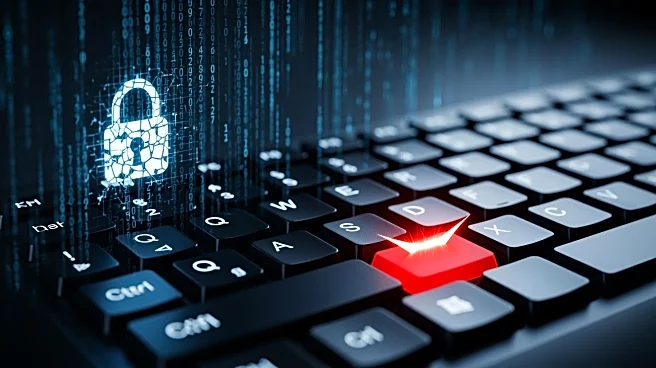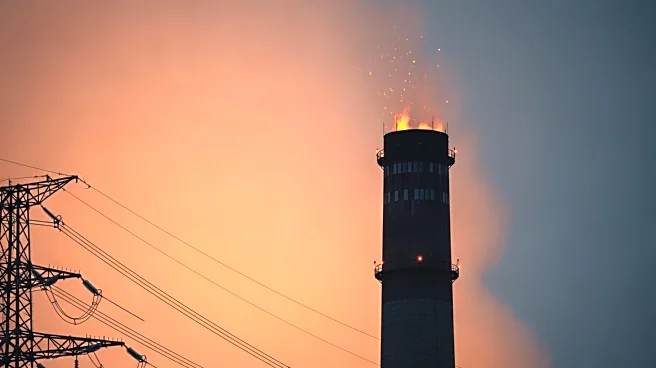What's Happening?
Journalist Josh Barro discussed the internal divisions among Democrats regarding the recent government shutdown vote. Senate Minority Leader Chuck Schumer faced criticism for his inability to unify the Democratic
caucus. Barro noted that while there is a call for new leadership within the party, the shutdown's outcome was unlikely to change regardless of leadership. Historically, shutdowns have not resulted in significant policy concessions. The Democrats did secure minor policy wins, such as reversing layoffs ordered during the shutdown, but the broader policy demands, like changes to Obamacare exchanges, were not met.
Why It's Important?
The division among Democrats over the shutdown vote underscores the challenges the party faces in maintaining unity and effectively opposing Republican policies. This situation highlights the need for strategic leadership to navigate complex political landscapes. The shutdown's political fallout could influence voter perceptions ahead of the 2026 elections, potentially affecting Democratic strategies and priorities. The ability to present a united front is crucial for the party's legislative effectiveness and electoral success.
What's Next?
As Democrats reflect on the shutdown's impact, there may be increased calls for leadership changes to better align the party's strategies with its goals. The focus will likely shift to preparing for the 2026 elections, where Democrats aim to regain control of Congress. The party will need to address internal divisions and develop a cohesive platform to appeal to voters. Additionally, the shutdown's effects on public services and government workers may prompt further discussions on preventing future shutdowns.








